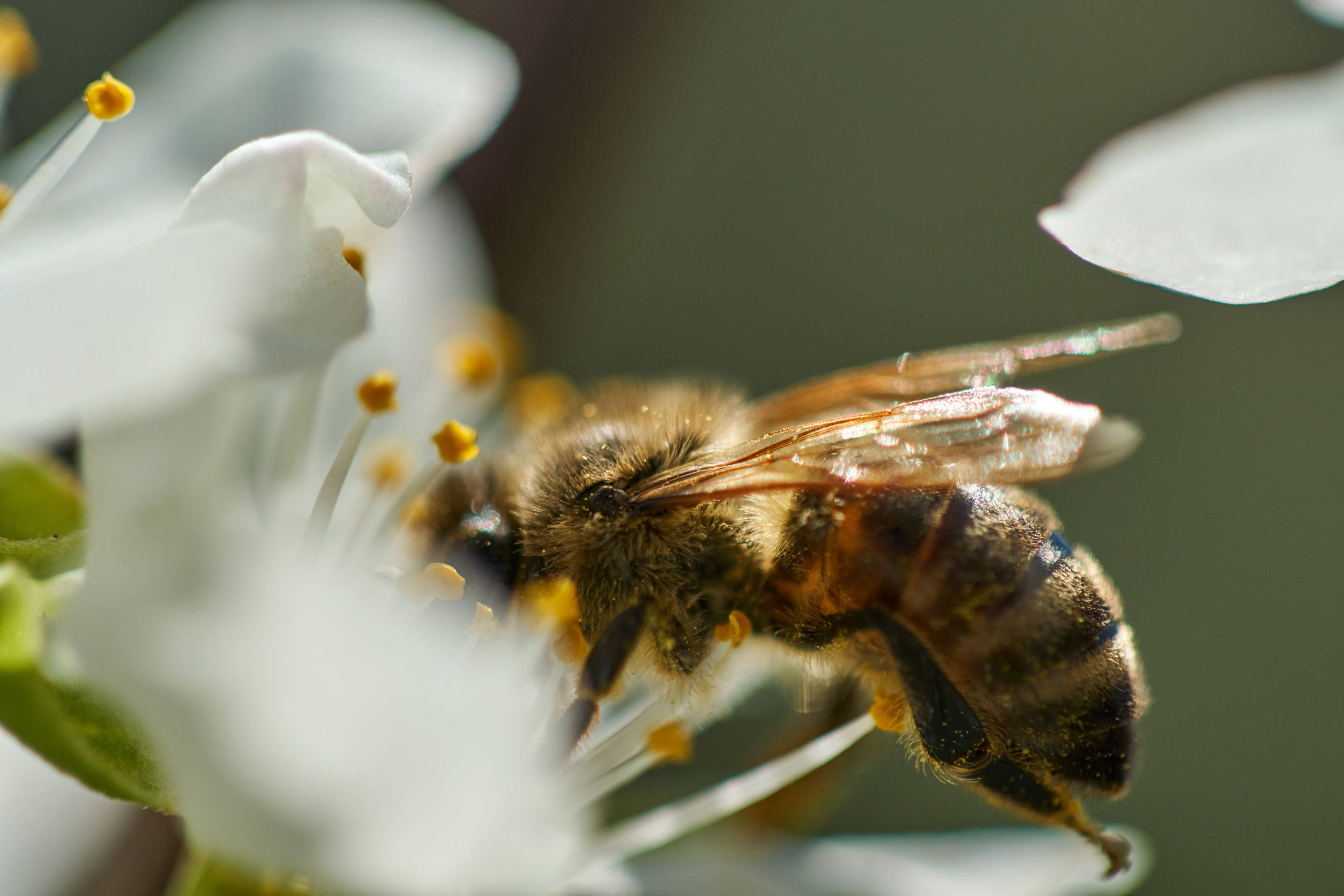To find out how small businesses are surviving in the age of coronavirus, Fast Company spoke to a variety of small businesses around the world to find out what they’re doing to get through this uncharted territory. The main takeaway from all of them: flexibility. If you need some inspiration for guiding your business in these trying times, here are a few strategies from their research that resourceful small businesses are trying during social distancing.
Expand your market: In some cases, your existing clientele just won’t be able to make use of your products or services. For example, Cleaning service Aman for Home services had to find new clients because their regular customers understandably didn’t want people coming into their homes. Instead, they told us, they began offering sterilization and disinfection services for entrances of buildings that were still in use. The demand isn’t as high as normal, but it allows them to continue operating during this unprecedented period.
Consider new ways to deliver your product: Le De Da! gift shop is all about offering recommendations to customers when they enter the shop, but with social distancing in full swing, the owner now has customers complete a Google Form, mimicking the kinds of questions she’d ask when a customer walks in or calls her. From there, she can work with the customer virtually to find the perfect gift. Necker’s Toyland, a toy store in Simsbury, Connecticut, that’s been in business since 1948, also had to get creative. They’re offering a FaceTime browsing option, virtually walking kids around the store, so they can pick out something that’ll keep them busy during the quarantine.
Partner with other businesses: Some struggling businesses, like Metro Bis restaurant in suburban Connecticut, are partnering with other, less-affected businesses. Metro Bis has been selling prepared meals at a local grocery store to make up for the lack of business in-house. This partnership gives them a way to safely serve their customers. In Portland, two struggling businesses have come together: a home decor business called City Home and a florist. Three City Home customers will receive a surprise bouquet from local florist Old Town Florist with their delivery, serving as an incentive to purchase. But Old Town Florist benefits, too: it’s a new marketing channel to find new customers.
Stay connected with customers: Your customers may not be buying from you right now, but you’ll need them more than ever once things settle down and they can come back to you in person. That’s why it’s a good idea to update your website or send an email to customers addressing the situation.
Invest now in your business’s future: While business is slow, you can use the time to figure out what you can streamline for when your business is back in action. For starters, identify what processes you can automate. If you’re not sure where to start, there are a few kinds of tasks that are ripe for automation, such as scheduling. Another way to invest now for future gains is through your content marketing. Creating high-quality content is something you can do on your own time, and can publish when an opportune moment arrives.











